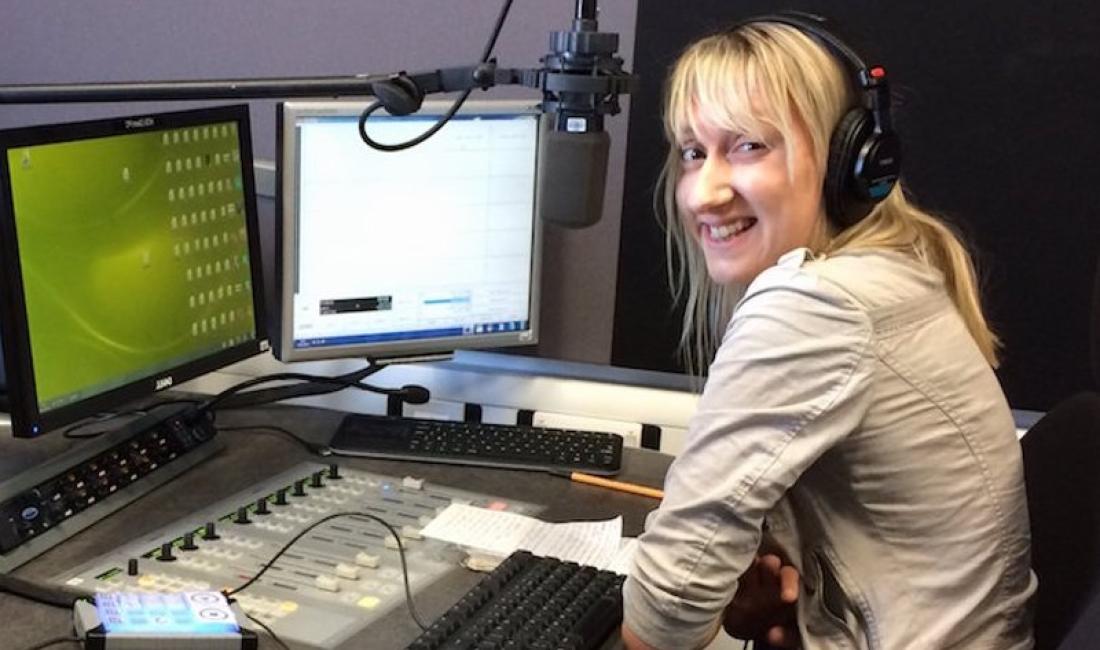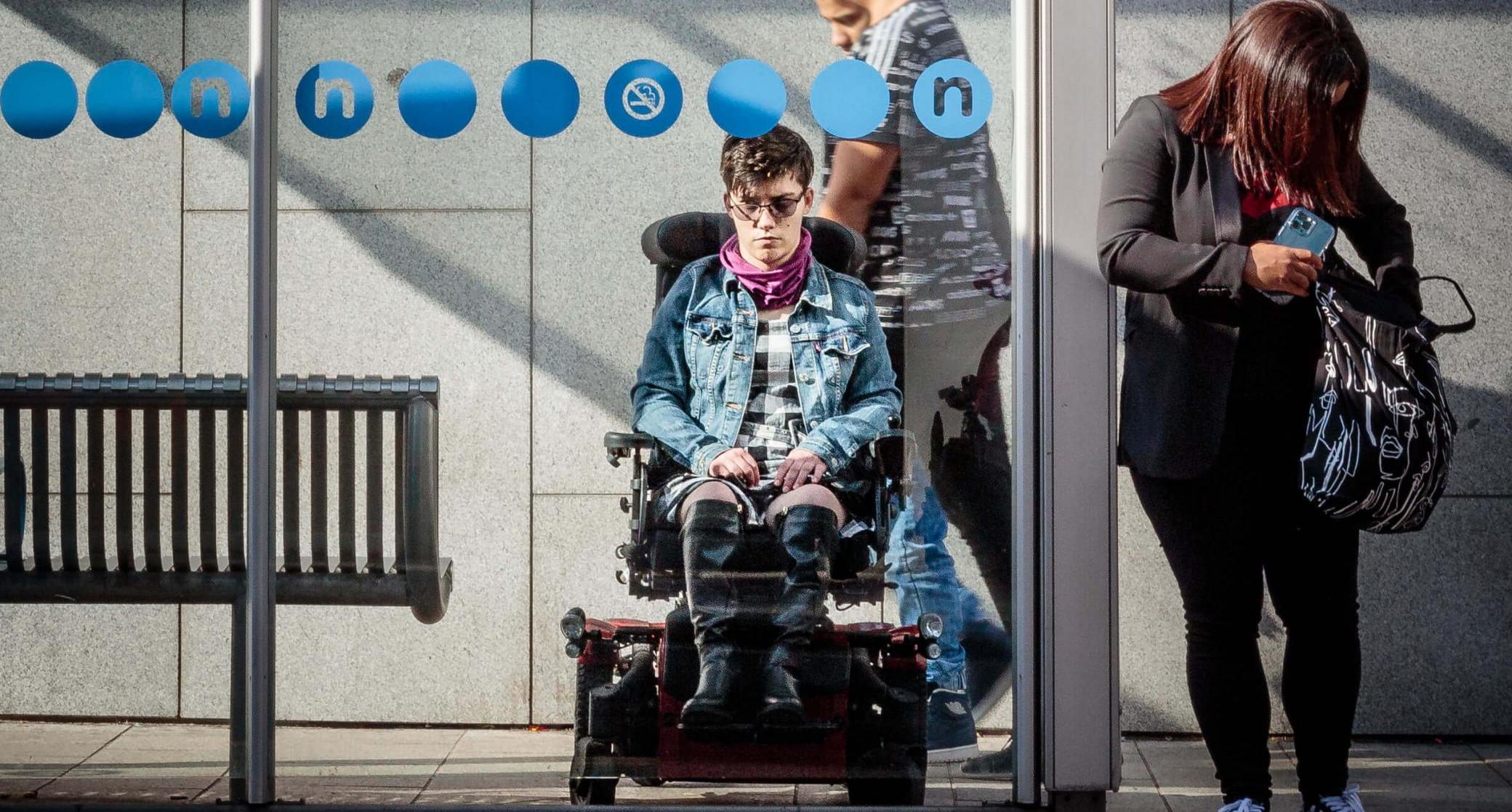
Disability hate crime
What is disability hate crime?
Disability hate crime is a criminal offence which is perceived by the victim – or any other person – to be motivated by hostility or prejudice based on a person’s disability or perceived disability.
Hate crime can take place in person, online or by phone. It includes things like verbal and physical abuse, harassment, threatening behaviour and intimidation or damage to property.
Sometimes it is a one-off incident from a stranger, other times it’s an ongoing pattern of behaviour.
Our latest stats
Our latest research United Response shows victims of disability hate crimes are unlikely to receive justice.
Our podcast
In our podcast episode, we explore the topic of disability hate crime – what it is and how people can be allies to disabled people
We speak to Sapphire Beamish from United Response. We also chat with Leonard Cheshire’s Rebecca Waugh and find out how Northern Ireland Hate Crime Advocacy Service supports victims of hate crime.

How to report hate crime
If you’ve been a victim of disability hate crime, or know someone who has been a victim, you can report it if you feel safe to do so.

Report it to the police
You can report it to the police by calling 101 or by filling out their online form.
You can also report it online with your regional police force on their own websites.
If you’d prefer to speak to someone in person, you can also visit your local police station to report the crime.

Report social media hate crime
If you see disability hate crime taking place online, you can report it directly to the website, platform or forum.
Here are some useful links:
Stories from our community
What needs to change
Our research has highlighted there are still significant gaps in the support available for disabled people to report a hate crime, and for the crime committed to be prosecuted.
We have co-authored a report with United Response to look at recent trends and make recommendations to police forces and the government to help curb these crimes.
Our recommendations
- Education – We want to see the national curriculum directly address ableism, similar to Hackney Education’s successful Diverse Curriculum model.
- Dedicated Disability Liaison Officers – All forces should receive appropriate central funding to appoint at least one dedicated Disability Liaison Officer trained in disability awareness and engagement.
- Investment – The government should invest in ways to mitigate disability hate crime’s impact, publish its hate crime action plan and better support people who experience disability hate crime.
- Awareness raising – The government should roll out its promised awareness-raising campaign around disability as a priority with a view to educating the public on disability hate crimes and the importance of community when reporting it.
- Online Safety Bill – When the bill is published it must provide clear parameters to help challenge disability-related abuse happening online.
- The Crown Prosecution Service - Should convene its proposed panel of Disabled People’s Organisations and other stakeholders as a matter of urgency.






